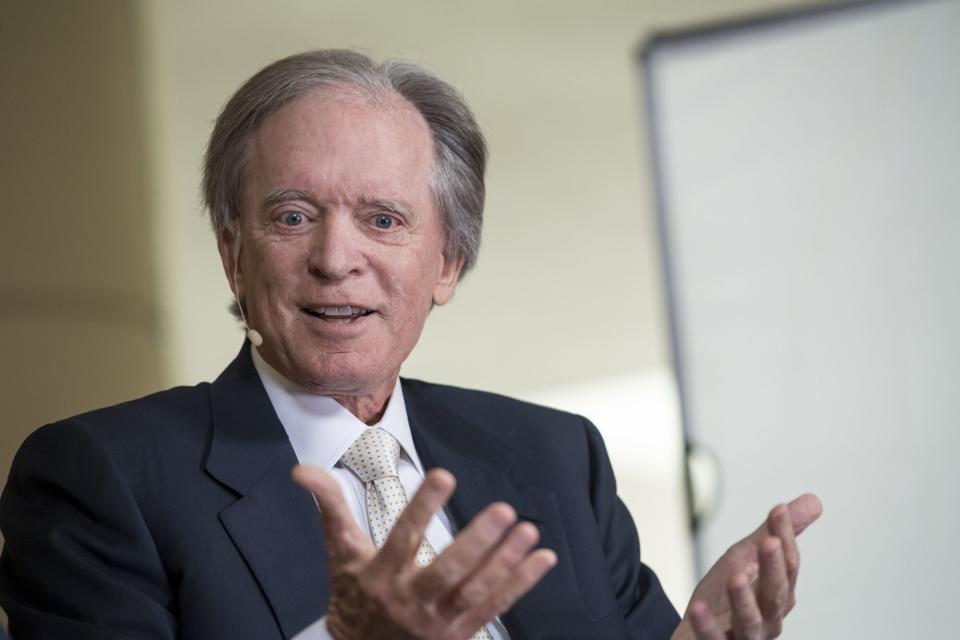( Bloomberg)– Expense Gross has some suggestions for the Federal Reserve: stop unwinding its balance sheet now, and begin cutting rate of interest in coming months to prevent economic downturn.
Many Check Out from Bloomberg
” I would stop quantitative tightening up,” the co-founder and previous primary financial investment officer of Pacific Financial investment Management Co. stated on Bloomberg Tv when asked what he would do in a different way if he were leading the Fed. “That is simply not a proper viewpoint and policy at this moment in time to continue to tighten up quantitatively.”
Gross included that the reserve bank ought to decrease rate of interest over the next 6 to 12 months.

Wall Street is acutely concentrated on when precisely the Fed will begin cutting the benchmark rate of interest, which is at the greatest in over twenty years. Some derivatives traders are still holding out hope for a cut as quickly as March, United States policymakers next fulfill on Jan. 31.
” Genuine rate of interest are just too expensive,” Gross included.
Yields on 10-year inflation-linked bonds, which are deemed a procedure of the real expense of loaning, rose to a 15-year high of 2.6% in October, before moving down to about 1.8%, presently. Gross stated he wants to see the yields are up to about 1% to 1.5%, so that “the economy will not enter into a considerable economic downturn.”
In a wide variety interview, Gross repeated a few of his previous calls, consisting of that stocks are too pricey relative to the level of genuine yields.
Rather of high-flying tech shares, he chooses more conservative financial investment techniques, consisting of particular high-dividend stocks like banks and tobacco business, in addition to merger and acquisition arbitrage.
Learn More: Expense Gross Goes From Bond King to Merger-Arbitrage Gamer
He likewise anticipates the yield curve will continue to steepen, reversing the so-called inversion. An inversion happens when short-term rate of interest increase above longer-term yields– a phenomenon that is commonly viewed as a leading sign for possible financial recessions.
At about 4.4%, two-year yields have to do with 29 basis points above 10-year rates. That distinction has actually narrowed from more than 100 basis points in July.
” Industrialism and a finance-based economy, which is what we have, can not truly succeed, when you can get a greater return for less threat,” stated Gross.
Many Check Out from Bloomberg Businessweek
© 2024 Bloomberg L.P.